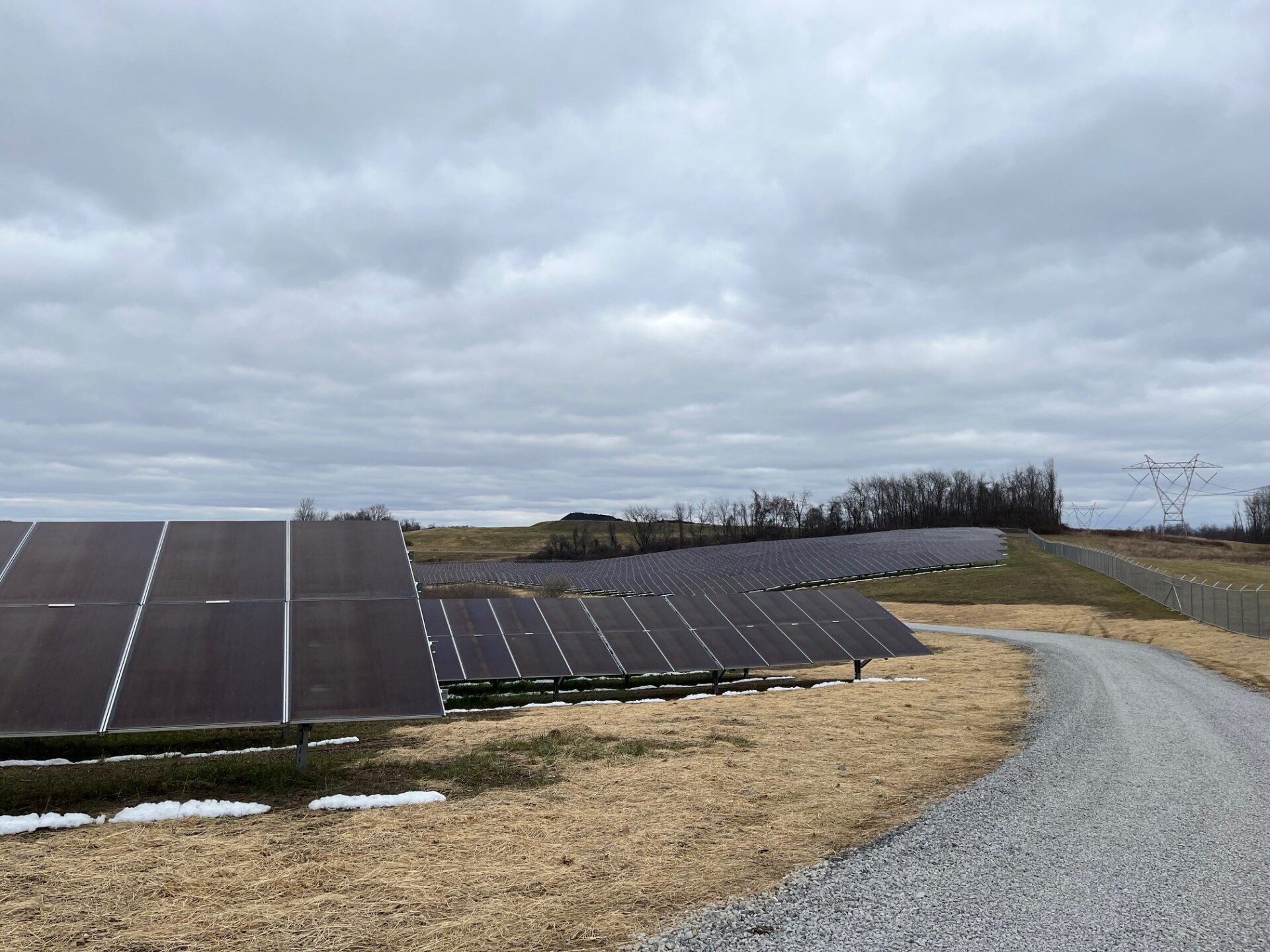Currently solar customers can sell any excess solar energy they have back to the power companies for the same price that the company sells the energy. However, the power companies are proposing that they pay solar customers a lower “wholesale” price.
Mon Power and Potomac Edison filed a proposal with the Public Service Commission to change the cost of energy for solar panel owners, changing the net metering system as it is now.
Currently solar customers can sell any excess solar energy they have back to the power companies for the same price that the company sells the energy. However, the power companies are proposing that they pay solar customers a lower “wholesale” price.
They said this adjustment would make the cost of energy more equitable for non-solar customers because solar customers do not pay to store electricity, maintain the grid, or distribute the electricity that they sell. They said then those costs are passed onto other customers who do not have solar panels.
However, Leah Barbor, from West Virginians for Energy Freedom, said the idea that non solar customers will end up paying more because of solar customers is a myth.
“Ultimately, this myth serves utility interests,” Barbor said. “So, they will use it to push for policies that unfairly target solar owners. Either by raising fixed costs and demanding charges on utility bills, which will then lengthen the time it takes for solar investment to pay off, or they’ll weaken or eliminate net metering policies — which is the case here in West Virginia.”
She said that solar can make the cost of energy cheaper, especially during natural disasters, extreme weather events, and high energy demand. She also said that because solar users do not use the grid as often, they do not put much wear and tear on it, making it last longer.
“Rooftop solar really benefits everyone. And this is true for whether people have solar or not,” Barbor said.
